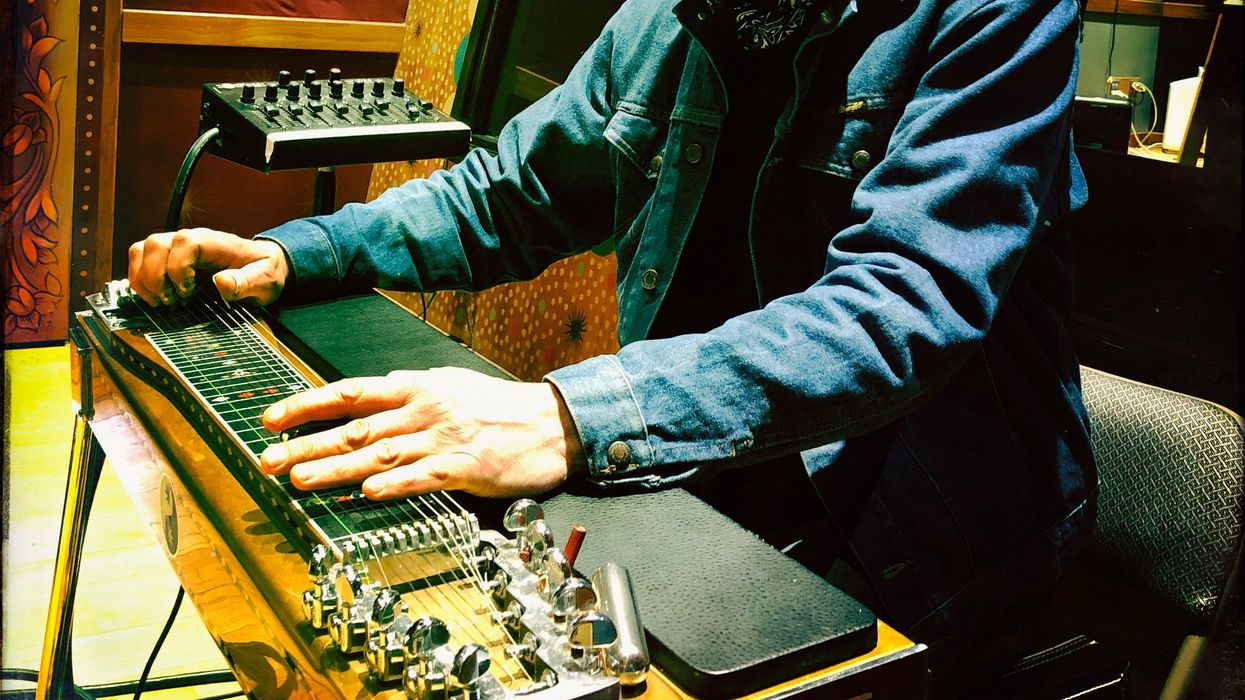Flip open a mag or click on a guitar-related article, Facebook post, YouTube video, or whatever, and you see the sagely advice everywhere.
“Just keep practicing, man.”
“Always play with musicians who are better than you.”
“You just gotta get out there and perform, dude.”
Everyone’s always telling us to sit in our jam spaces longer, gig at every opportunity, and surround ourselves with players who challenge us. And sure, it’s good advice. But there’s one thing none of that can offer you—a holistic, true view of the musical reality that you are but a bit player in. See, when you’re honing your chops for hours on end, having an epically amazing rehearsal jam, or absolutely killing it onstage, you’re never stepping completely outside yourself. You’re never zooming out to see how you fit into the bigger picture.
Even if you’re a golden-eared, exceptionally aware bandmate who lives for exploring new musical directions on a dime, you’re still the guy whose brain has to decide what to play, how to play it, and what sorts of on-the-fly tone adjustments might better fit the evolving mood.
But when you capture it for later playback, your mind is free from all those guitar-playing concerns and can view the soundscape from a more detached perspective. You can hear it more like everyone else does. This is instructive in many ways. For starters, it reveals things that no amount of practice will: If you tell your ego to take five, you’ll realize that you often overplay.
You’ll notice that some of the tones you always thought were amazing tromp through the composition rather than deftly enhancing it—you’re too loud, have too much gain, or use too much of a special effect. You notice little quirks—maybe a tendency to scratch the strings in advance of full attack as you anticipate a new passage. You discover that some of the parts you originally thought weren’t executed cleanly enough actually breathe an uplifting air of spontaneity into the tune. And a million other things good and bad.
This is just one of the wonderful new vantage points that recording opens you to. But myriad other intriguing views await—views that are only possible via multitrack recording. For instance, the challenging, addicting world of layering. Forget all that macho bullshit about first takes and only playing what you could play live. Are you a musician or an insecure egomaniac? Experiment with overlapping guitar tracks. Try crazy shit. Mess with shifting harmonies and rhythms that slither around or bash against each other. Layer tracks with different guitars or drastically different effects—or slyly stack tracks that are almost the same. Discover the joy of making people go, “Wait a second, what’s going on here?” Claim the mood-shaping power that is yours by virtue of your guitar gear and the insanely affordable recording equipment springing up everywhere you look.
If you haven’t already taken the plunge, it’s time. Commit to foregoing your next couple of impulse pedal buys and purchase a digital-recording interface instead. Maybe sell an old guitar or amp you never use and buy something like an iPad or Chromebook—pound for pound, dollar for dollar, the cheapest, most powerful multitrack studios ever. Refrain from purchasing yet another guitar and buy a nice mic. You won’t miss the old stuff, because the new studio gear will become your sonic scratchpad. Your mentor. Your audience. Your band. Your evil science lab. Before you know it, you’ll start collecting crazy drum and keyboard apps and other stuff that enables you to create whole musical worlds you never dreamed possible. It’s not that hard—and it’s a hell of a lot of fun.
So what are you waiting for?


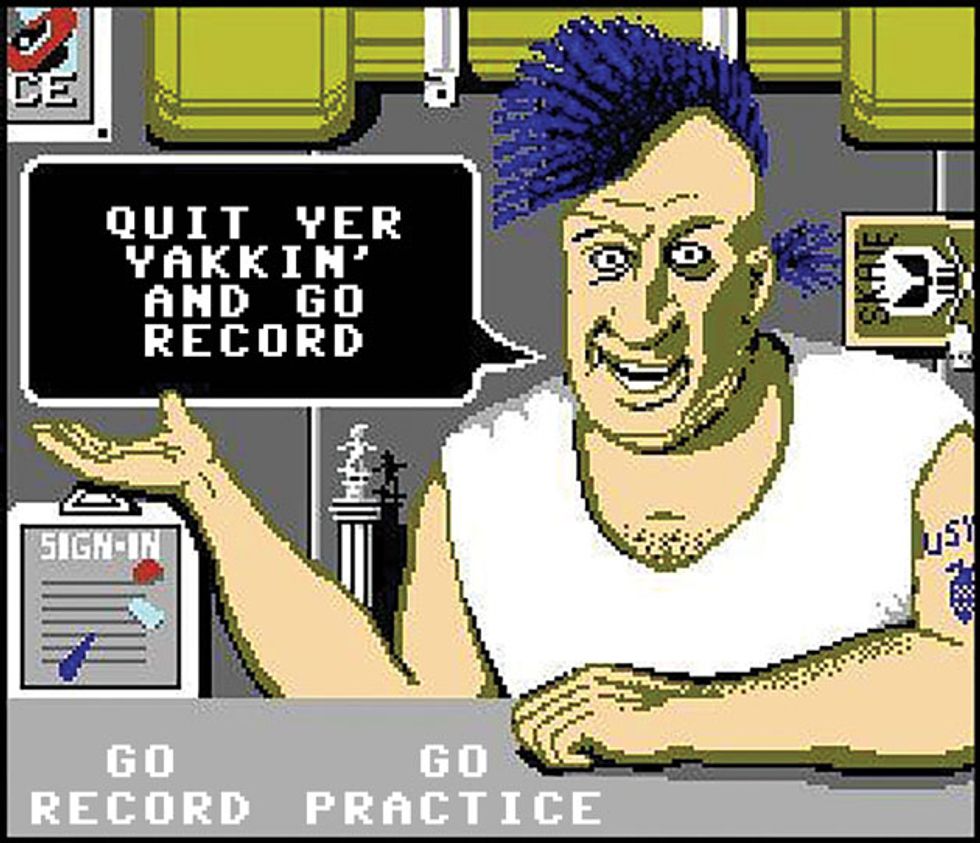

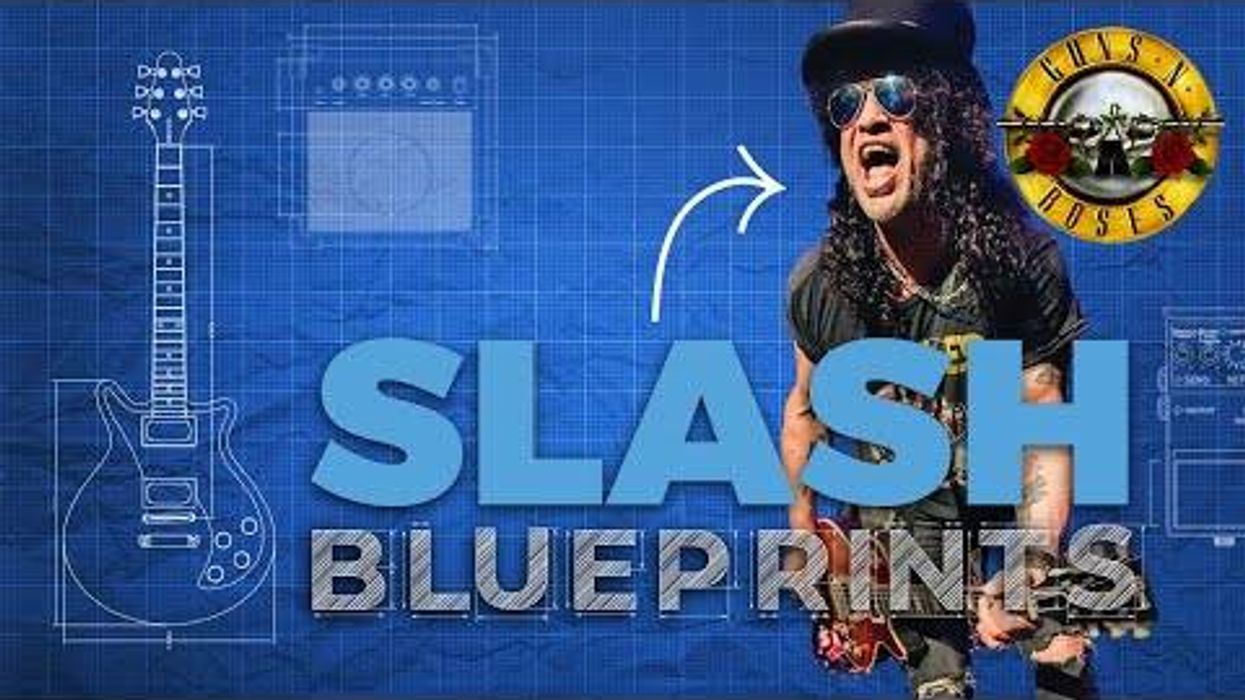

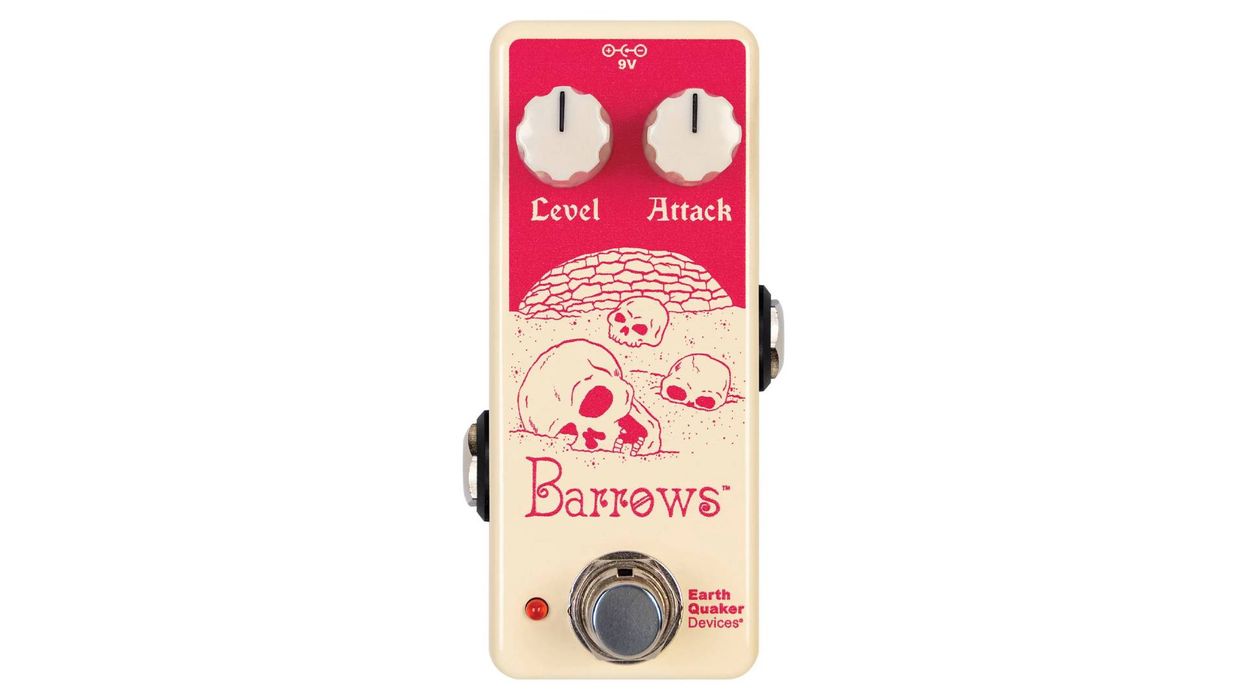


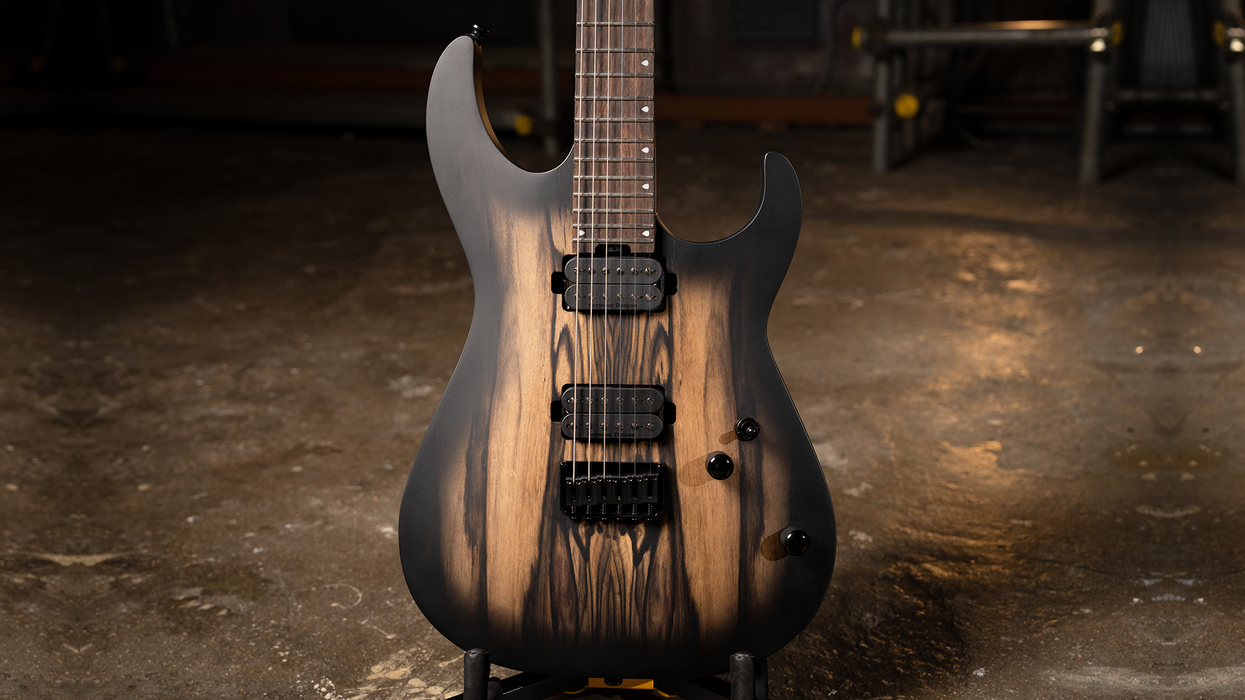

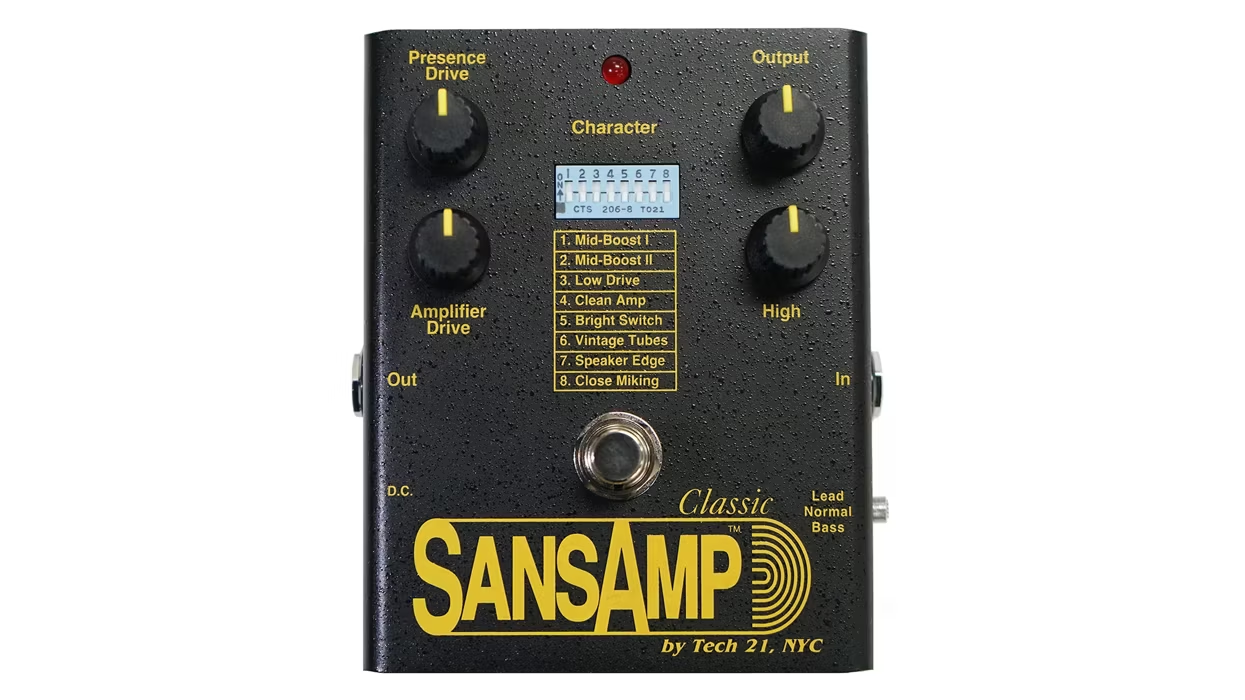
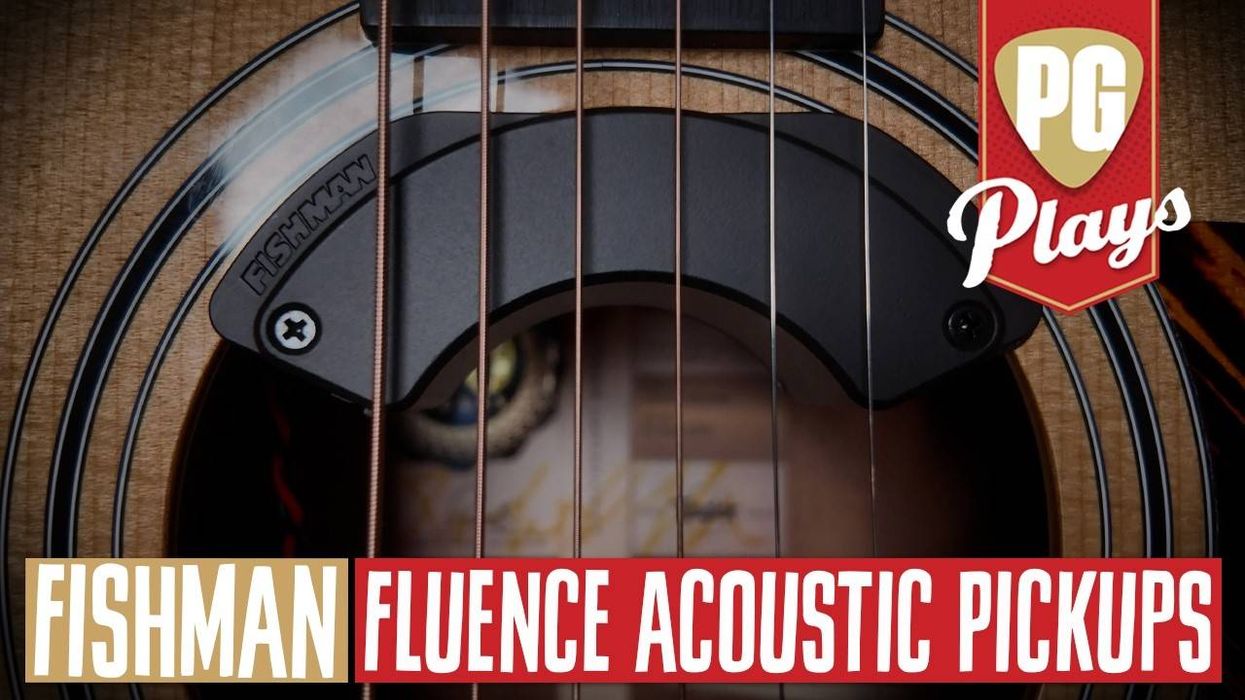
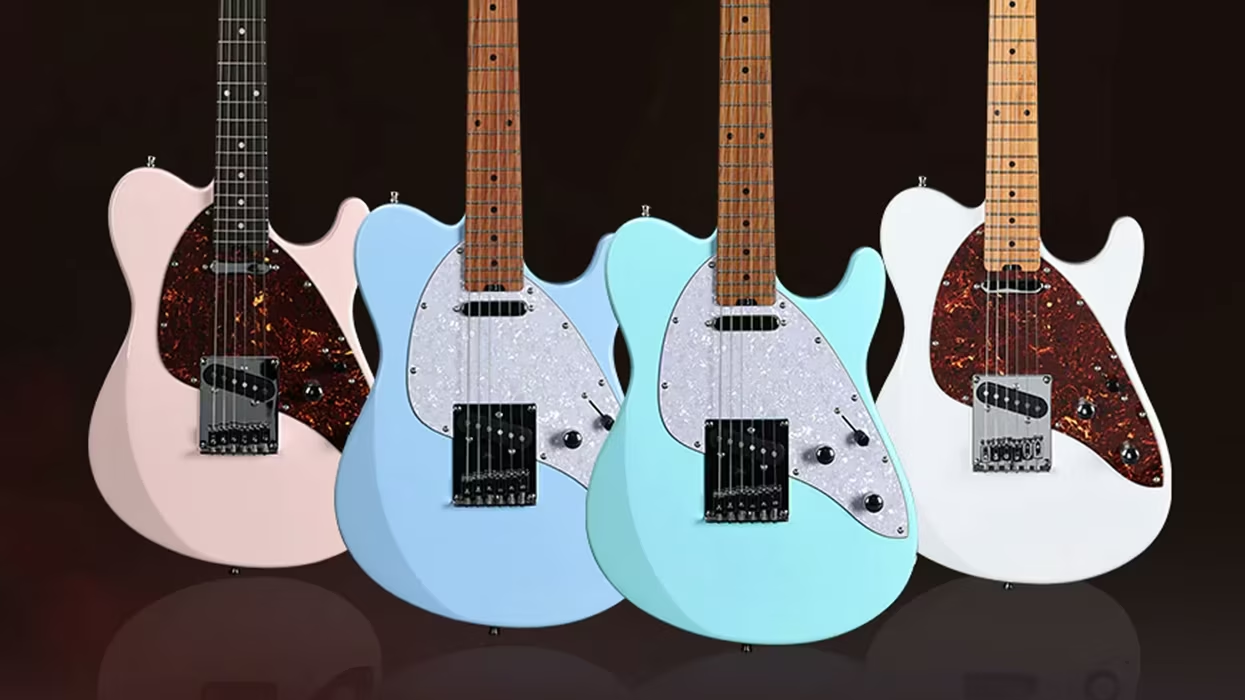
![Rig Rundown: Russian Circles’ Mike Sullivan [2025]](https://www.premierguitar.com/media-library/youtube.jpg?id=62303631&width=1245&height=700&quality=70&coordinates=0%2C0%2C0%2C0)



